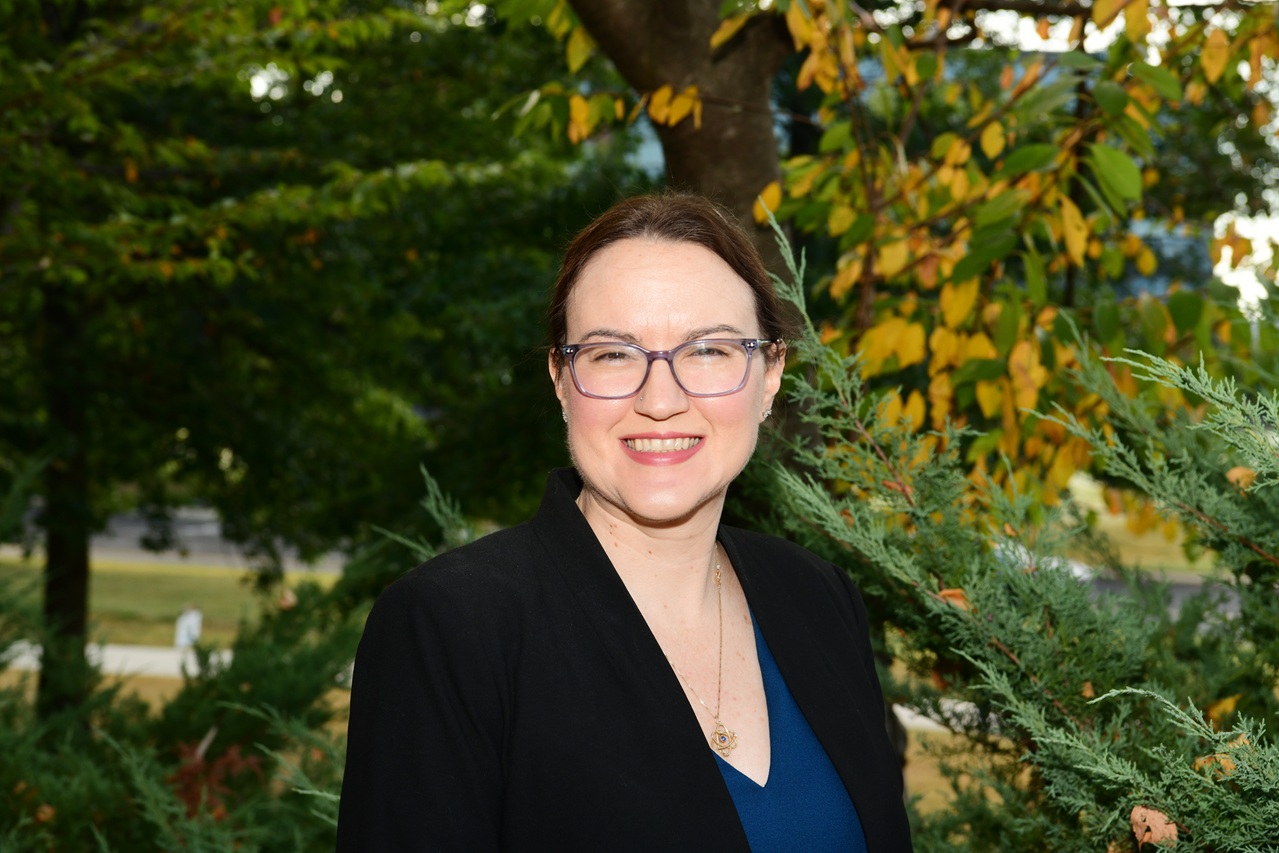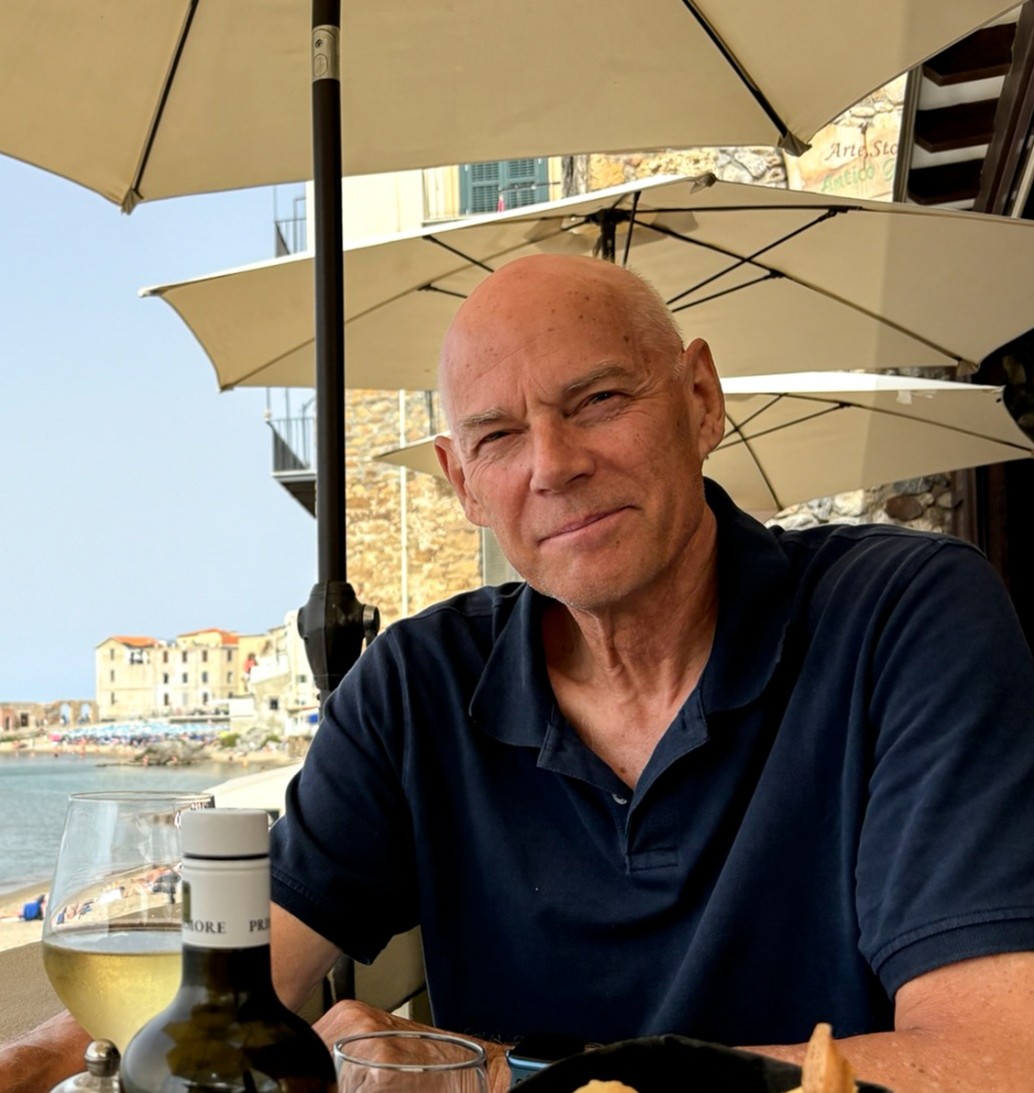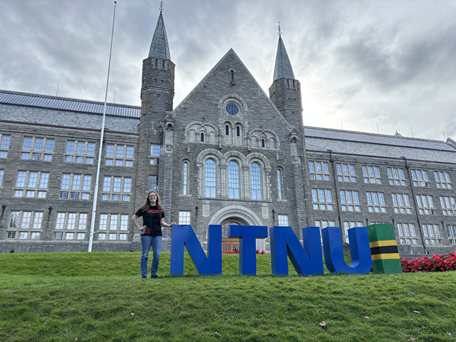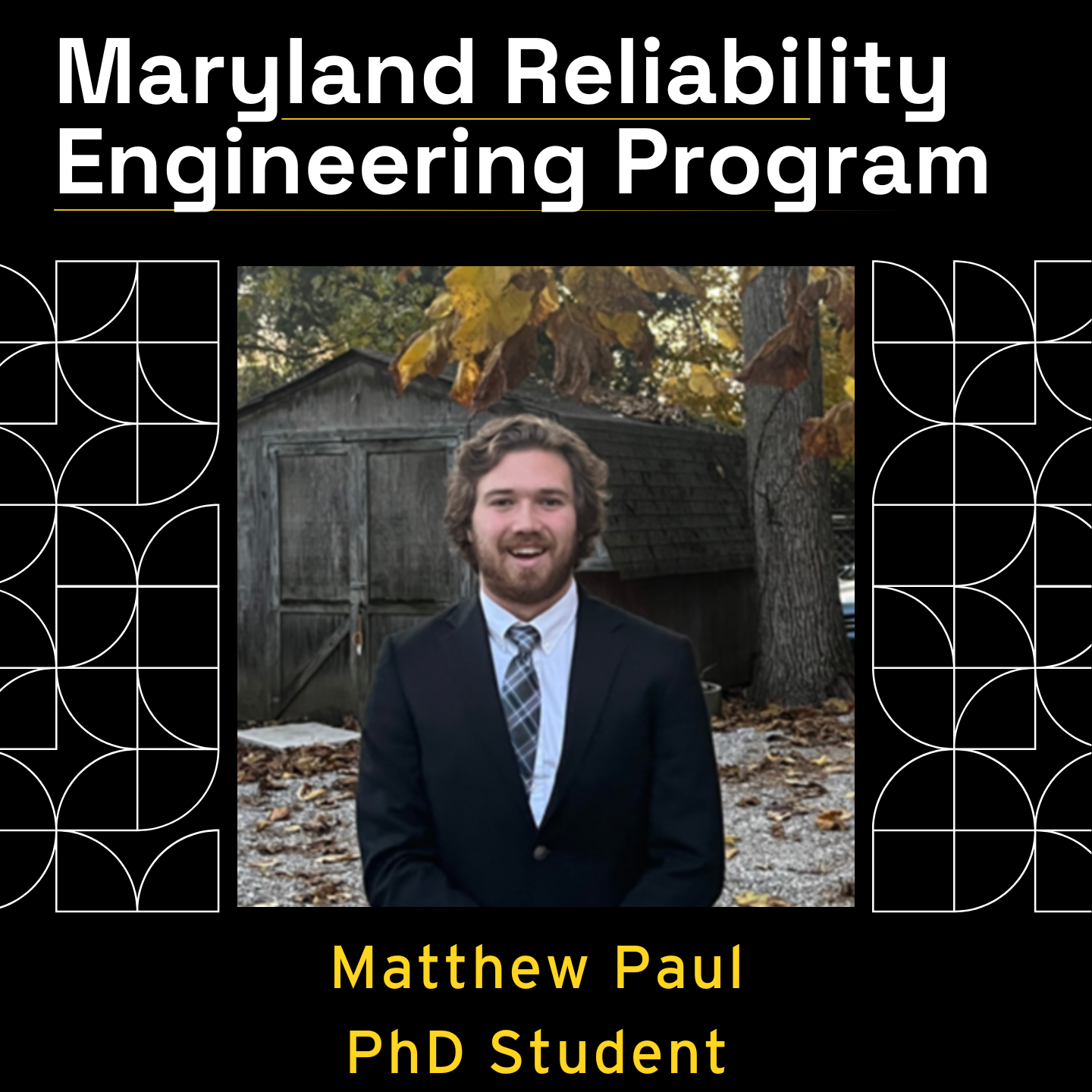News Story
November Alumni Spotlight - Ken Farquhar
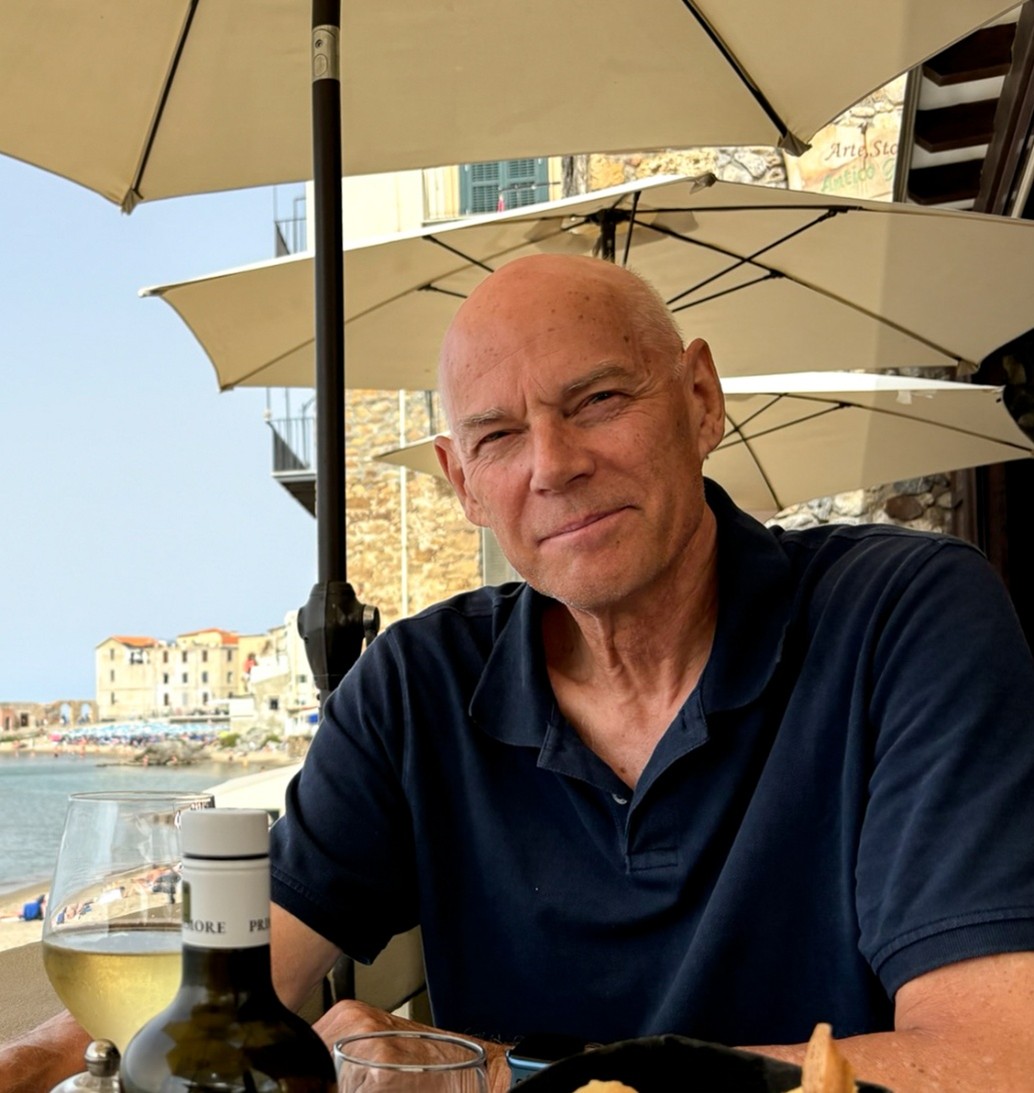
Can you share your journey from being an MS student at UMD/Reliability Engineering to becoming an Executive at ManTech? What key experiences or lessons shaped your path?
Retired Management Executive from ManTech International. During my professional career I held a wide variety of positions, ranging from my early days as an aircraft mechanic to a corporate executive when I retired.
Started my engineering career at Veda Incorporated in 1982, where my interest in reliability engineering became the foundation for future career progression. At Veda, after working as a Reliability & Maintainability (R&M) program manager, I received a full scholarship and stipend to pursue my MS in Reliability Engineering from UMD, graduating in 1993.
After graduation, resumed my role and quickly expanded the R&M program, becoming a leading reliability engineer within the Naval Aviation community at the Naval Air Station (NAS) Patuxent River. Subsequently was promoted to Technical Manager for Veda’s Patuxent River Division, overseeing all its technical programs.
In 1995, joined ManTech Systems Engineering Corporation (MSEC), a wholly owned subsidiary of ManTech International, as Vice President of the Engineering & Systems Support Group, later advancing to President of MSEC in 2003.
Reflecting on your time as a student at UMD, are there specific instances where the support or assistance you received from fellow students or faculty had a significant impact on your personal and professional growth? What did you find most valuable about the program?
After an initial conversation with Professor Marvin Roush who encouraged me to apply for UMD’s Reliability Engineering program, I studied under two notable Professors: Mohammad Modarres and Ali Mosleh. Their teaching deepened my expertise in reliability prediction and modeling as well as introducing me to Bayesian reliability methods and applications. Under Professor Mosleh’s guidance, completed my graduate thesis and co-organized an international workshop on reliability growth modeling. To this day I have a deep appreciation for the reliability engineering program and the professors at UMD.
Bayesian theories greatly shaped my professional approach that helped me value the basis for refining initial assumptions as new information and data emerged. Applying this to systems development, I observed that initial real-world performance often fell well below predicted values due to unquantifiable factors. But over time those reliability values could recover and stabilize by pursuing a robust developmental test and evaluation process; without such an approach reliability would likely suffer. Incorporating a Bayesian reliability approach would help to quantify incremental improvements during development and into the real-world environment. Understanding and communicating these principles helped me manage expectations and maintain credibility with engineering and program management teams.
Tell us about your Previous role? What did it involve, and what do you find most interesting about it?
On reflection, my most rewarding experience as a reliability engineer was conducting an R&M evaluation of a U.S. Navy aircraft type series at NAS Sigonella, Sicily, Italy, in 1985 to 1986. I performed the entire evaluation on my own. It was also my first experience using a computer, an IBM XT, in which I collected and analyzed flight and maintenance data, generating performance reports that were manually mailed to the U.S. since digital transmission was limited at the time … dial up internet wasn’t a very good option.
The work included investigating equipment failures by consulting with flight and maintenance crews and troubleshooting aircraft systems to identify root causes of failure. Detailed reports sent to the Navy and manufacturers supported design and maintenance improvements. The success of this fleet evaluation deepened my passion for reliability engineering and contributed to my pursuit of a graduate degree from UMD.
Looking back, are there specific skills or qualities you developed during your time as a graduate student at UMD that have proven invaluable in your professional career?
The ability to model processes applying uncertainty to various parameters was a key skill learned at UMD. This skill was used to propagate parametric uncertainties for both quantitative and qualitative outcomes in models I would set up in my role as a reliability engineer, and later with my engineering and management teams.
Lastly, what message(s) or advice would you like to convey to our current students as they navigate their academic journey and prepare for their future careers?
One of the keys to a successful career is to never stop learning and exploring ways to incorporate what you learn into your current role, whatever that may be. I’m still surprised how reliability engineering concepts and techniques could be applied to management processes and people.
In concert with the above, constantly work on your communication skills; most importantly, is to know how to listen. Active listening is critical to all communications followed by your ability to express yourself with concise verbal and written skills. As you age, and we all do, you’ll need to be able to employ communication skills with both those older and younger than you, keeping in mind that range could be 50 years or more.
Published November 10, 2025





